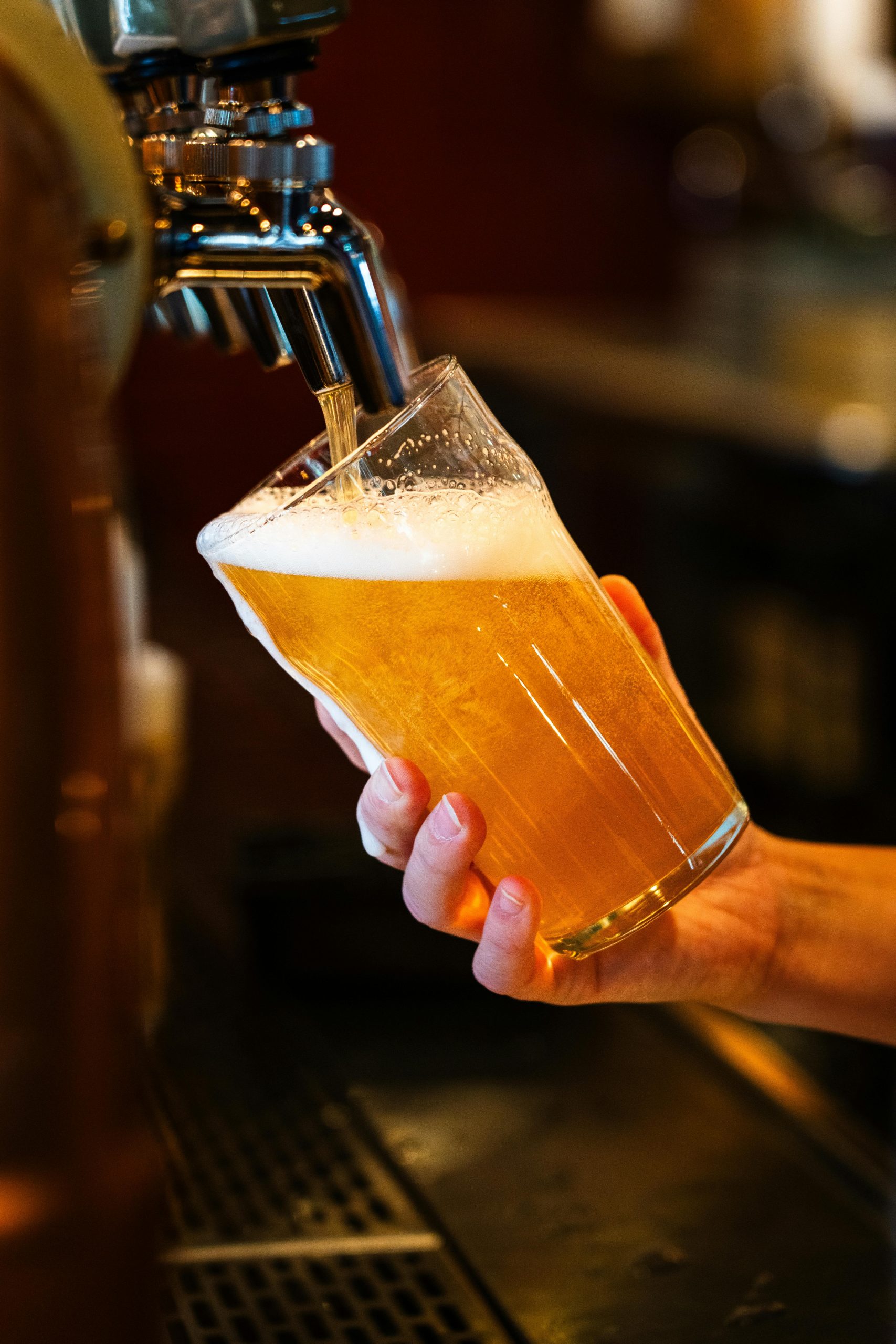Your cart is currently empty!

Steven Coulson
Steven has been drinking beers, wines and spirits for decades and has a propensity to go about them at length after a few drinks.
Latest Posts
- My wife found out our favorite Gin for martinis was discontinued. I think we are good for a while…

- Oregon Road Trip: Freeland Spirits Garden Botanicals Gin

- Botanist with Trader Joe’s Lemon and Elderflower Soda

- I’m one of the worlds leading buyers of craft gin in the world and a international spirit judge AMA

- I’m blown away…. By how let down I am by this Gin.

Categories
Tags
Social Links

The Psychoactive Potential of Hops: An Exploration
When discussing the nuances of beer, particularly India Pale Ales (IPAs), many enthusiasts often overlook the intriguing effects that hops can have on the mind and body. Contrary to the prevailing view that hops are merely a flavoring agent, I propose that hops may indeed possess psychoactive properties under specific conditions.
In a previous discussion, I shared my preference for IPAs boasting high International Bitterness Units (IBUs), noting how they seem to have a distinctive impact on me compared to other hopped beers. The feedback I received was varied: some agreed with my observations, while others attributed my experiences to the higher alcohol content often found in those brews.
Curiosity led me to conduct some personal experiments with different beer styles. I found that “Cold” IPAs, which utilize fewer hops yet maintain a similar alcohol by volume (ABV) to traditional West Coast IPAs, did not elicit the same response. Similarly, Imperial IPAs possess an impressive ABV but fall short in hop character for my palate. In contrast, a well-crafted West Coast IPA, even if lower in alcohol, consistently delivers a euphoric experience.
What fascinates me is the unique sensation that hoppy beers provide—it’s not just the pleasant buzz of alcohol. Instead, there’s an energetic and cerebral quality that sets it apart. This leads me to theorize that hops might indeed have psychoactive effects, perhaps due to how the fermentation process enhances their bioavailability. Furthermore, there may be a synergistic relationship between hops and alcohol, allowing certain compounds to effectively traverse the blood-brain barrier.
To clarify, my experience is not indicative of hops sensitivity; I do not suffer from any adverse effects, such as hives or itching—only pure euphoria.
This discussion raises an interesting question: why have hops remained a fundamental ingredient in beer production throughout history? While beer didn’t originally feature hops, their introduction revolutionized the beverage, and it seems nearly universally accepted that hops belong in beer. There must be a compelling reason for this enduring preference.
As we continue to explore the nuances of beer, the psychoactive potential of hops deserves further investigation. Perhaps it’s time we acknowledged this ancient ingredient in a new light, recognizing its complex role in the brewing process and the pleasure it can yield. Cheers to hops and the captivating world of beer!
